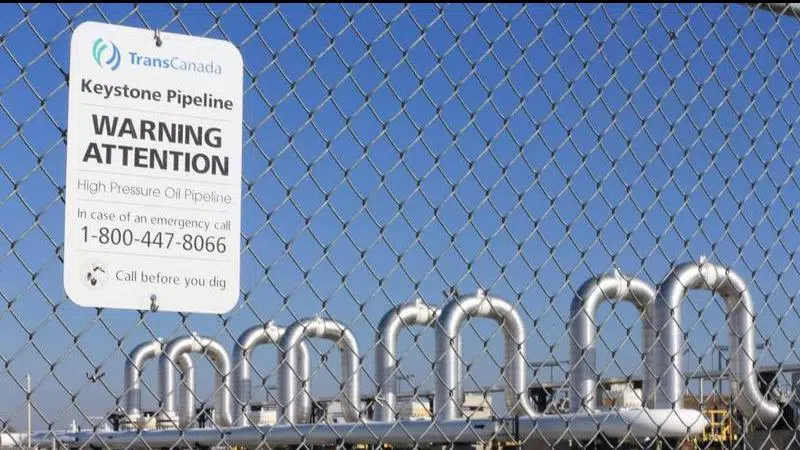
Nebraska’s top court upholds approval of Keystone XL pipeline path
Nebraska’s highest court lifted one of the last major hurdles for the Keystone XL pipeline on Friday when it rejected another attempt to derail the project by opponents who wanted to force the developer, Calgary-based TC Energy, to reapply for state approval.
The Nebraska Supreme Court upheld the decision of regulators who voted in November 2017 to greenlight a route through the state. The latest decision is a victory for the $8-billion project, which has been mired in lawsuits and regulatory hearings since it was proposed in 2008.
The Nebraska Public Service Commission voted 3-2 in favour of an “alternative route” for the project instead of TC Energy’s preferred pathway for the pipeline. Opponents filed a lawsuit arguing the company didn’t follow all the required procedures for the alternative route, in violation of state law.
Lawyers for the opponents argued TC Energy’s application with the commission was only valid for its preferred route, and the company formerly known as TransCanada could only seek approval for one route at a time. Nebraska state lawyers disputed that claim, saying the commission’s decision complied with the law and was in the public’s interest.
